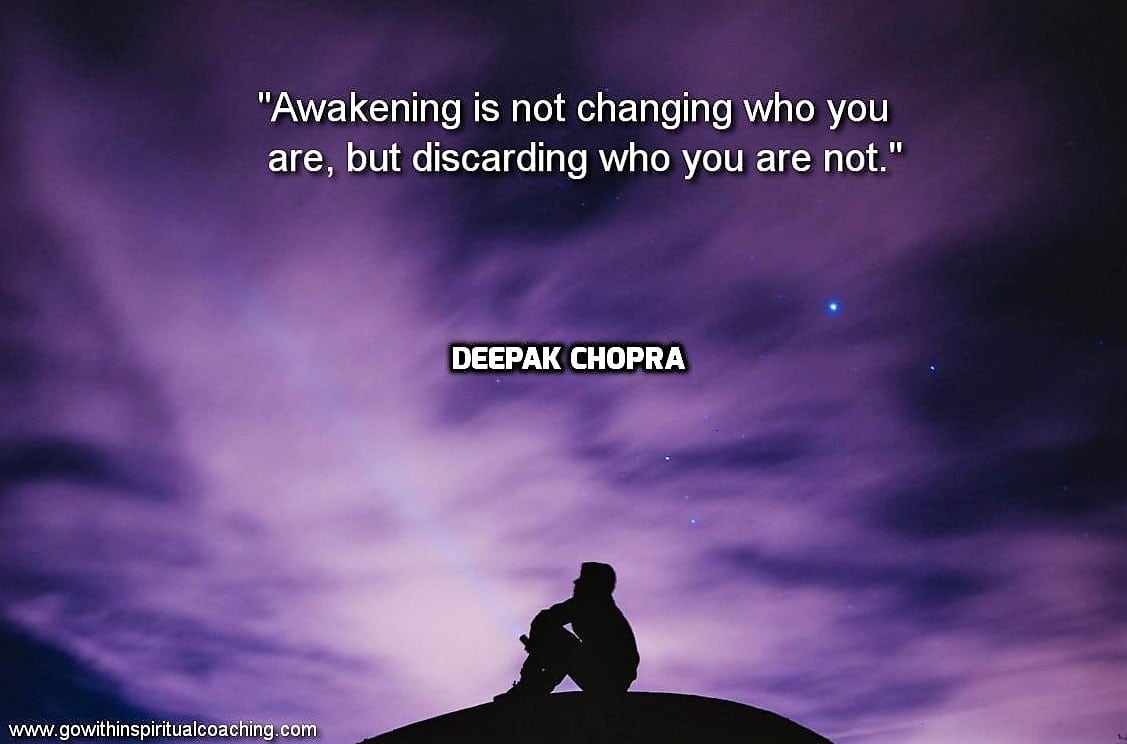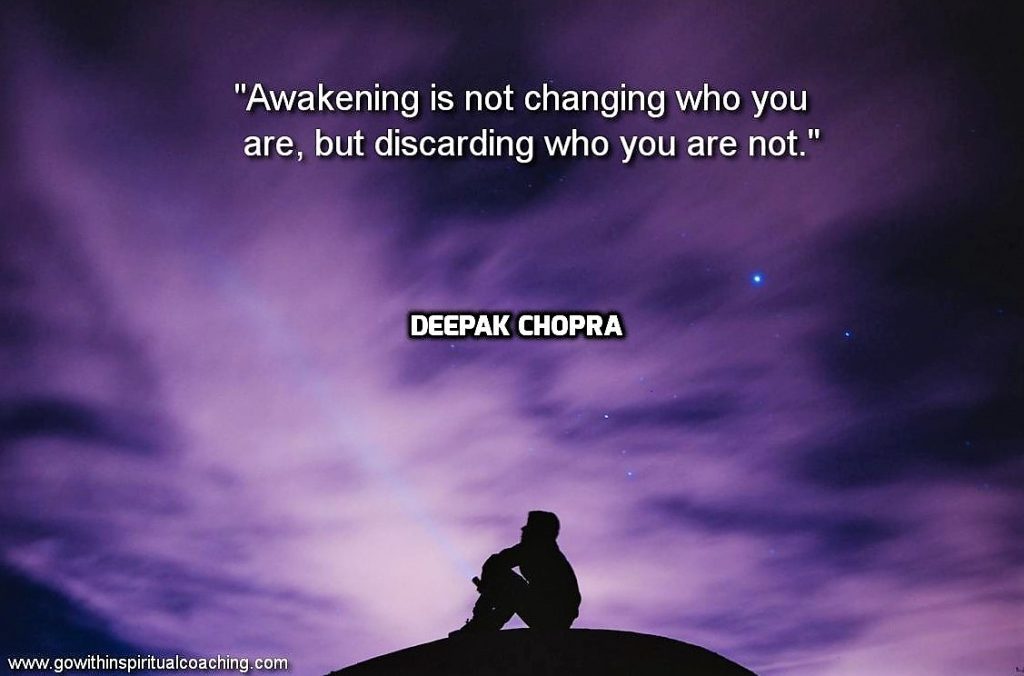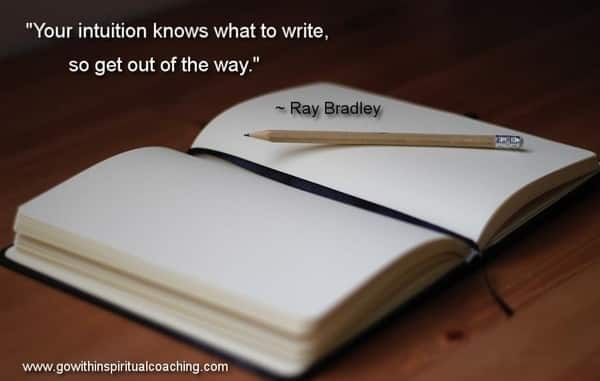
AWAKENING FROM A PROGRAMMED LIFE – PART 2

AWAKENING FROM A PROGRAMMED LIFE – PART 2
In Part 1, you realized the beliefs you learned and agreed to early on in life are limiting you, and that those beliefs became your truth. In order to awaken from a programmed life, you must first become aware of the authority they hold over you and what you want to change in your reality.
Changing your beliefs change your reality.
WHAT IS YOUR CURRENT REALITY?
Reality is subjective to an individual; it is what you believe it to be. There are social realities with certain customs, moral values, and societal rules with which we agree with. In spiritual circles, it is said that we ‘create our own reality.’
Looking further into this concept, one thing necessary to deepen our understanding of reality is learning to observe yourself within your reality. You are in effect, viewing yourself as the main character in a play and those that surround you are supporting actors.
When you begin to see how you operate in life, you activate your greatest tool—your soul! Your soul has the ability to observe yourself through a wide lens, 
As you begin to observe yourself, you’ll see what your beliefs have created; your emotional pain, your joy, your hardened heart, your open manner, your lack of connection with yourself and others—the list of how your beliefs create the reality you operate within is endless.
When you are able to honestly see what motivates you to do what you do, the next step of creating your reality is possible—you can begin to change the things you want to. Only you can change what you believe your reality is. And you can change it.
You may feel you’re doing everything to change your reality, but nothing is changing. When this happens, there is something stuck within you. You have what is called an inner blockage. For example, you may struggle with a pattern of self-sabotage, even finding it difficult to help yourself when you know you need to.
You subconsciousness mind might be
HOW WE LEARN BELIEFS
Early childhood experiences are the first way we get ideas or beliefs about life and gave you a sense of who you are as a person. The messages you received from your parents, siblings, teachers, and peers taught you something about yourself. As we grow up, we move through life creating experiences to match our beliefs.
We also learn beliefs through school, movies, books, advertisements, and life experiences, to name a few. Beliefs are important because they shape your world—first internally, then externally. If you have not invested in yourself to change a belief and see how it’s affected your life, you will not fully understand this concept.
Beliefs can prevent us from seeing accurately and they can cause pain. Or they can strengthen us.
Write down in your journal the beliefs you have today that you feel are holding you back or limiting you in some way. Keep them at your disposal as you’ll want to revisit them when you are given the steps to change them in the next post.
Here are a few examples that may resonate with you:
“I’m not good enough.”
“I’m afraid to________.”
“I don’t deserve (money, recognition, success).”
“People will judge me.”
“If I succeed, I won’t be able to sustain it.” (This was me.)
“I’m happy with how things are now.”
“I don’t/wouldn’t know where to start.”
Take some time and reflect on what are the major beliefs you have that have an impact on your life. Sit and let yourself be open and honest about where you are in life today and what your current state of reality is. Be ready to take the steps to change. Dig deep inside—go within and muster the courage. It’s there, I know it is.
Until next time,
Debbie
Contact me today for your complimentary 30-minute Discovery Session to begin your new life!



